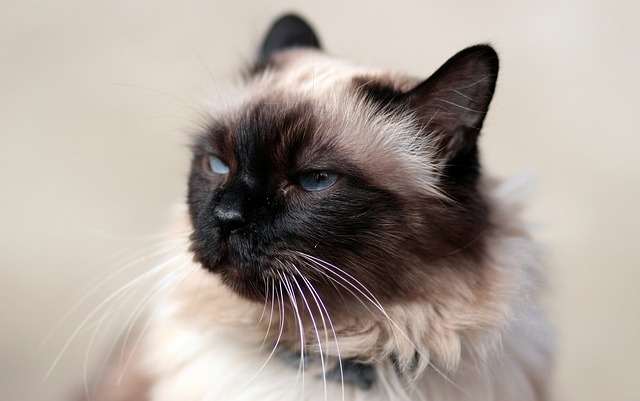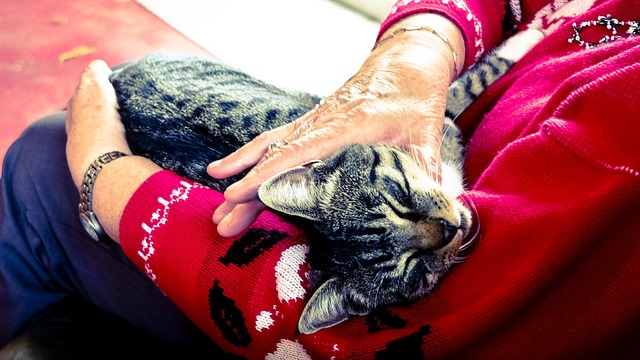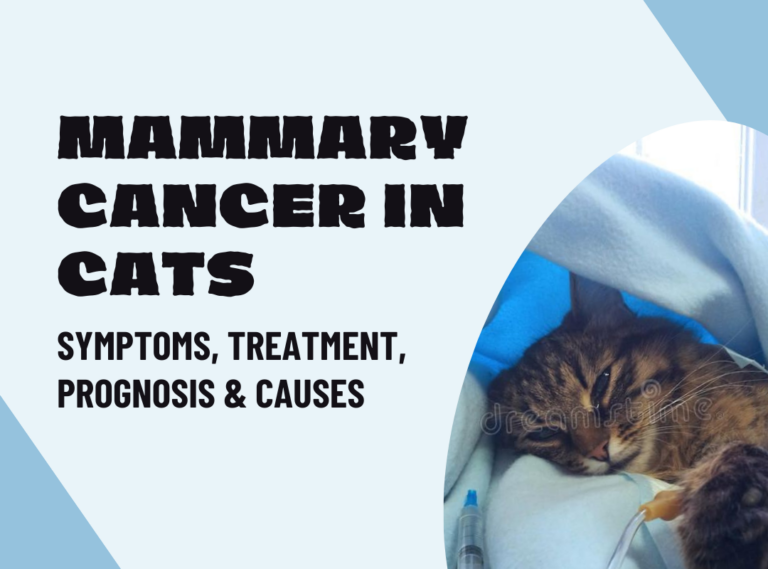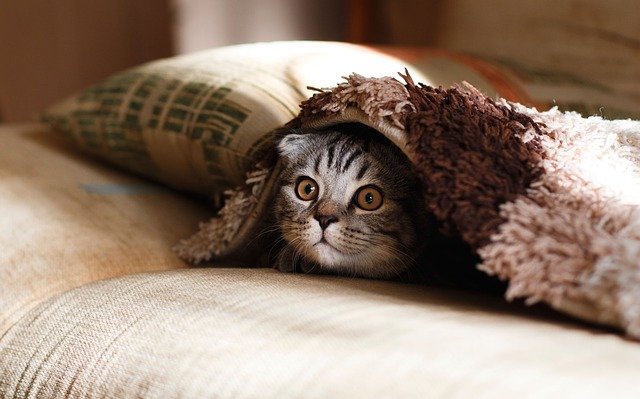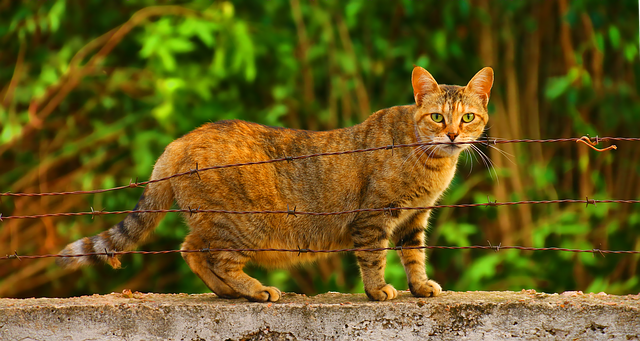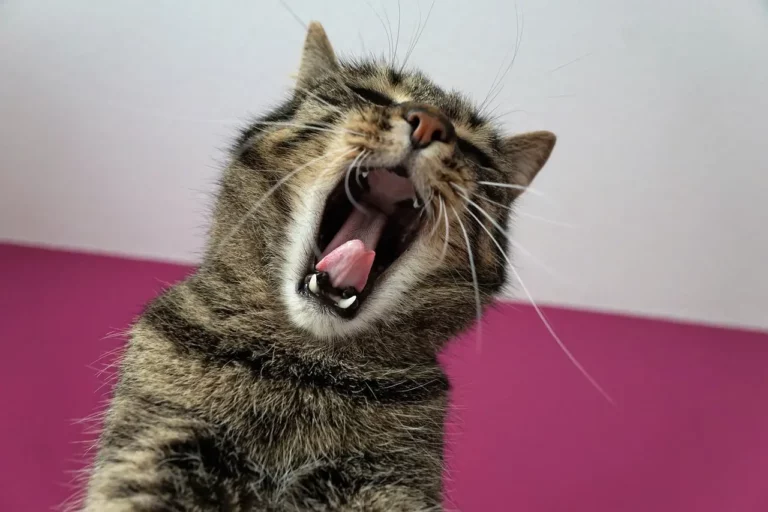Can Cats Get Constipated?
Cats normally have firm stools that they eliminate daily or every other day. It is common for senior cats to skip a day but two days without stools raises a red flag. If your
 Why do cats get constipated?
Dehydration
Cats, in general, have an aversion to water which can lead to dehydration and electrolyte imbalance. When cats are constipated, their vet will first consider their water intake.
A
Cats also don’t like drinking water from dirty bowls. Scrub and clean the
Diet
It is wise to give your
Obesity is also linked to constipation as often such cats are not getting adequate nutritional value and moisture content from their food.
Obstruction of the passageway
Hairballs, string, bones, and other foreign objects swallowed by a
If it does not happen, your vet may need to remove the fecal matter manually. Kittens are at risk of intestinal blockage from ingesting foreign objects or even a worm infestation.
Pain
Cats with arthritis or fractures in the knees, pelvis, and lower back can have an extremely difficult time getting into position to pass stool.
Muscle weakness can also add to the difficulty of defecating. Inflammation or abscess of the prostate or the anal sac can also cause difficulty and blockage.
Age
It is more common for kittens to get diarrhea than constipated, but it does happen. In their first six months of life, kittens are keen on exploration and may ingest anything they see.
It is wise to kitten-proof your apartment to avoid ingestion of hazardous matter that can cause kitten constipation. Â
It is senior cats that are more susceptible to difficulty in passing stool. Often, they will eliminate less frequently. Older cats also consume less water. They also have more sedentary lifestyles.
An increase in physical activity can help elderly cats eliminate better by stimulating the muscles in the colon.
Final Thoughts
Other problems that cause constipation include a dirty litter box, adjusting to new environments, and anxiety such as when you introduce a new pet to the household. Constipation can also be a symptom of an underlying condition such as kidney disease, diabetes, and hyperthyroidism.
Changing your
If problems with constipation are left unsolved for an extended period, it can lead to a chronic condition called feline megacolon or inflammation of the colon evident in dry stool build-up.
